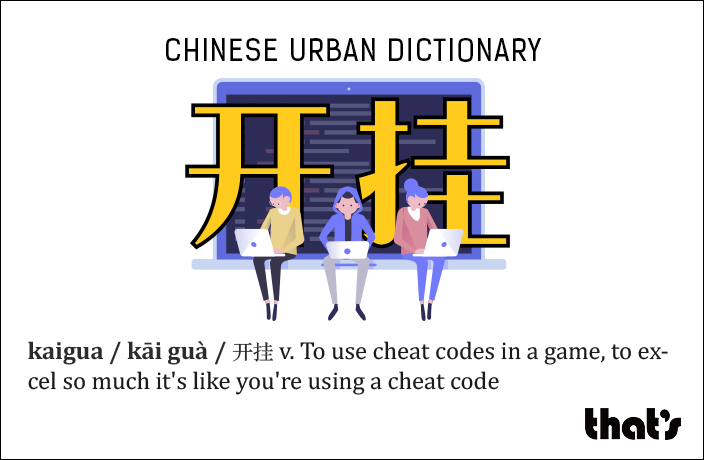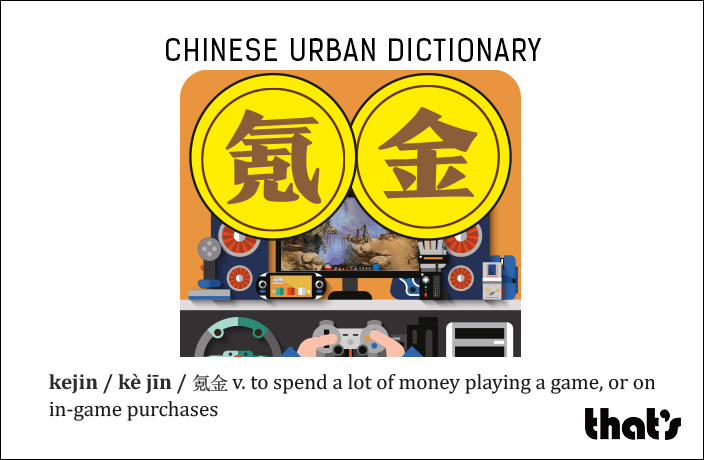kenlao/ kěnlǎo / 啃老 v. to live off your parents or grandparents
A: What do you do?
B: I'm trying to gain a following on Youku so I can become a professional Youku'er.
A: Who pays your bills?
B: My mom.
A: So you kenlao full-time.
B: Yes.
Times are tough now, comrades. It is harder and harder for kids from regular families to get into a good school or a good job. We all work hard to get into college, only to find out that it leads to unemployment. We slave away at every unpaid internship we’ve had since graduation, and now here we are, living in our parents’ basements, writing grad school applications and wearing dad’s old hoodie that we try to pass off as “vintage.”
Times are especially hard in China for this generation, as competition becomes more fierce with the country’s increasingly cutthroat capitalism. With rising inequality and diminishing social mobility, whether you can make it or not depends more on who your parents are than your own merit. Their grandparents’ generation had cradle-to-grave social benefits; their parents’ generation had merit-based social mobility; and the current generation has, well, nothing.
At least that’s the meaning of kenlao, the term for when today’s young people live off the social benefits of their grandparents or the savings of their parents. Literally meaning “to gnaw off the elderly,” kenlao is the reluctant choice of millions of young people in China today. According to Modern Chinese Studies, about 65 percent of Chinese families include working-age adults dependent on the older generations. They either live with their families into their 30s, or have their families buy an apartment for them. They rely on their parents for cooking and housekeeping, while their parents spend their fixed income supporting adult children instead of enjoying their “golden years.”
The Internet makes kenlao increasingly easy. You can easily spend days or weeks streaming endless TV shows on Youku, playing Glory of Kings on your phone or practicing your karaoke skills online. You tell your parents that “You can actually make a lot of money playing video games professionally” when they ask you about getting a job.
You are right, in a way, since getting a job is hard. We understand. Thanks for taking the time to read this while procrastinating from writing grad school applications in your parents’ basement.

Read more Chinese Urban Dictionary






















0 User Comments